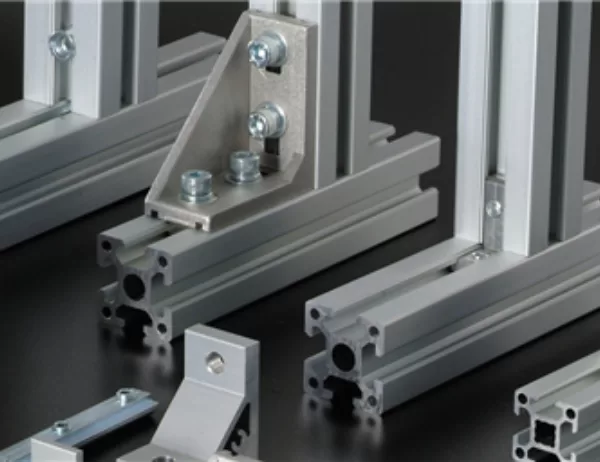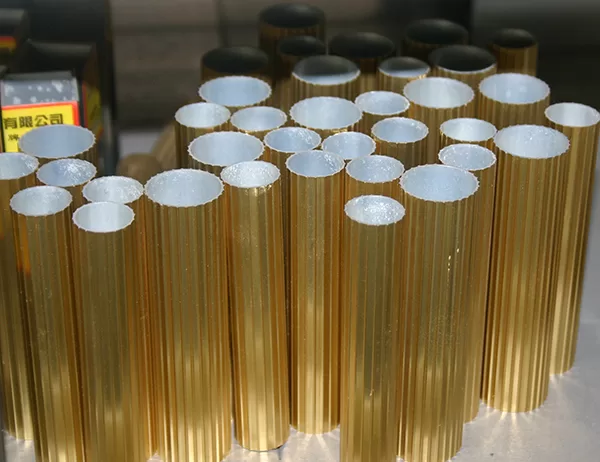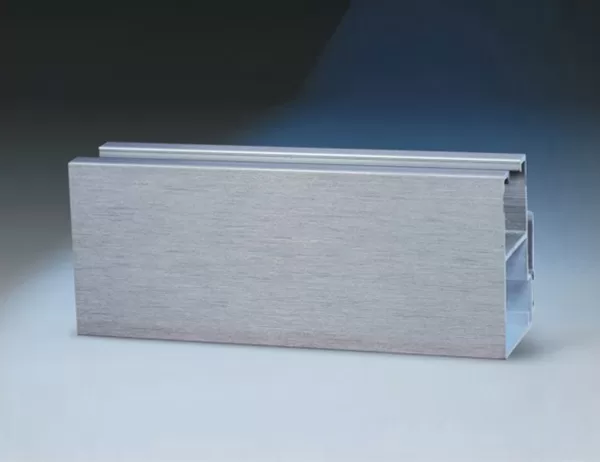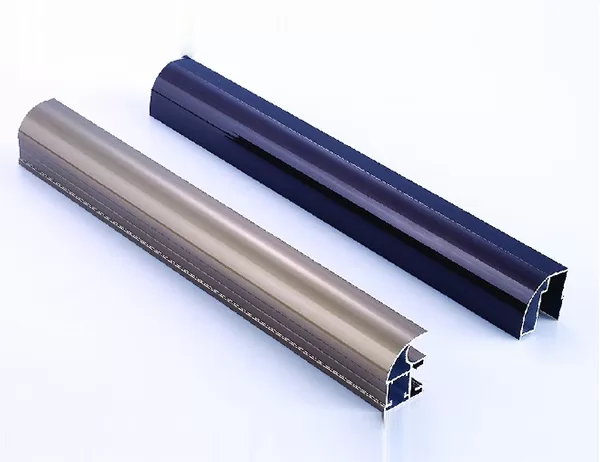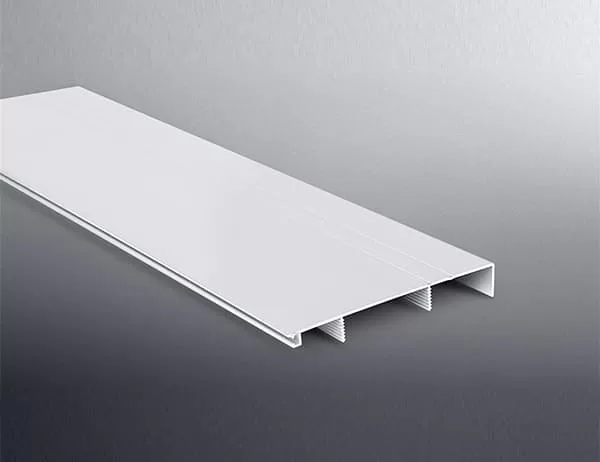In the modern era of furniture manufacturing, innovation is key. Aluminum profiles have emerged as a revolutionary material, transforming the industry with their unparalleled advantages. This article explores the key aspects of aluminum profiles and their groundbreaking impact on furniture production.
Aluminum profiles are renowned for their remarkable versatility. They can be effortlessly manipulated into a wide range of shapes and sizes, making them ideal for creating furniture pieces that cater to diverse design aesthetics and functional requirements. From intricate curves to complex geometric forms, aluminum profiles can accommodate any design vision with exceptional precision.
Aluminum itself is a highly robust material, and its profiles inherit this innate strength. Furniture constructed with aluminum profiles can withstand heavy loads and endure demanding usage without compromising structural integrity. The exceptional durability of aluminum profiles ensures that furniture pieces remain stable and reliable, even in high-traffic areas or under harsh environmental conditions.
Aluminum’s natural resistance to corrosion makes it an ideal choice for furniture applications. Unlike materials such as wood or steel, aluminum profiles are highly impervious to moisture and oxidation, which can cause significant deterioration over time. This exceptional corrosion resistance extends the lifespan of furniture and ensures its aesthetic appeal remains intact for years to come.
Lightweight construction is a crucial aspect of modern furniture design. Aluminum profiles excel in this regard, enabling the creation of furniture pieces that are easy to move and rearrange. The reduced weight of aluminum profiles not only enhances portability but also reduces transportation costs, making it a cost-effective solution for manufacturers.
Aluminum is a highly sustainable material. Its production process generates minimal waste, and it can be recycled infinitely without losing its structural integrity. By incorporating aluminum profiles into furniture manufacturing, businesses can contribute to a circular economy and reduce their environmental footprint.
Aluminum profiles have revolutionized furniture manufacturing, offering a unique combination of versatility, strength, corrosion resistance, portability, and sustainability. As the demand for innovative and environmentally conscious furniture solutions continues to grow, aluminum profiles will undoubtedly play an increasingly significant role in shaping the future of the industry. By embracing the transformative potential of aluminum profiles, furniture manufacturers can deliver exceptional products that meet the evolving needs of modern consumers.
